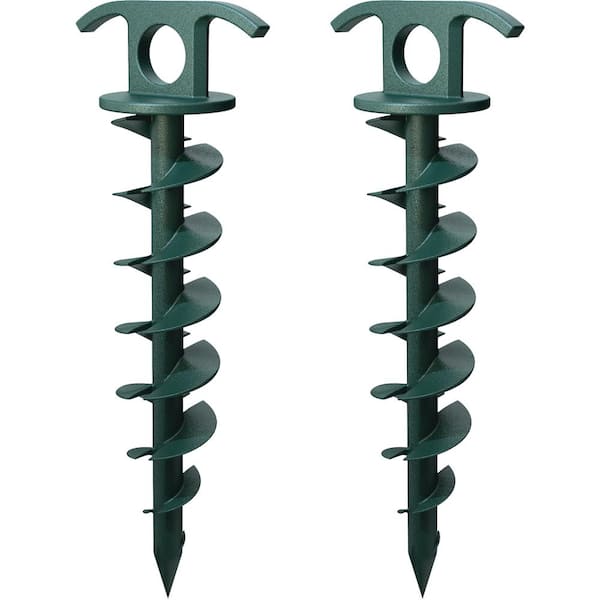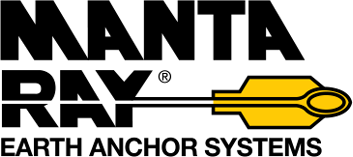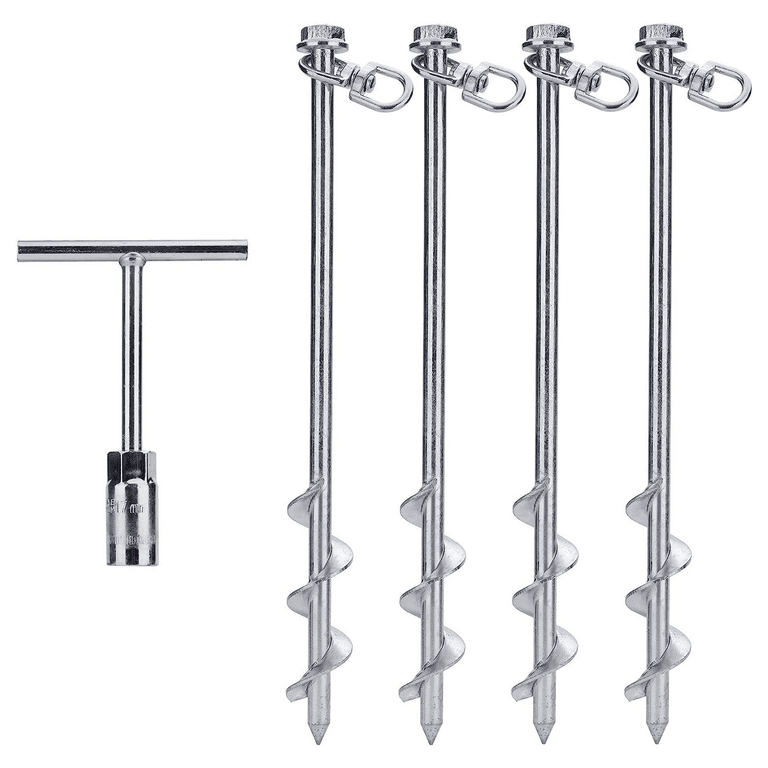Must-Have Qualities to Consider When Buying a Reliable Ground Anchor
Must-Have Qualities to Consider When Buying a Reliable Ground Anchor
Blog Article
Discover the Important Uses Ground Support in Construction and Landscaping
Ground supports are essential elements in both building and construction and landscaping, giving crucial stability and support throughout numerous applications. Their function in securing hefty equipment and boosting dirt retention emphasizes their value in advertising safety and security and sustainability.
Securing Fencings and Gates
Protecting gates and fences is a fundamental facet of residential or commercial property delineation and security in both property and industrial environments. Ground anchors play a crucial duty in making sure that these frameworks continue to be steady and reliable in time. By supplying a durable anchoring remedy, ground supports assist protect against fencings from leaning or breaking down due to environmental aspects such as wind, soil disintegration, or ground activity.
In domestic setups, effectively secured fencings not only improve the aesthetic appeal of a building but also give safety and security and safety and security for animals and families. Similarly, in business atmospheres, secure fence is important for securing properties, delineating residential property borders, and making sure the security of staff members and consumers. Ground anchors can be set up in numerous dirt types and problems, making them versatile for various jobs.
Furthermore, making use of ground anchors enables for an extra long-term service contrasted to standard methods, such as concrete grounds, which can be lengthy and labor-intensive. Ground Anchor. This performance is specifically important in landscaping jobs where timelines are important. On the whole, the integration of ground anchors into fence and gate setups dramatically contributes to their durability, functionality, and general efficiency in protecting buildings
Supporting Short-term Frameworks
While short-term frameworks are typically made for short-term use, their security is important for guaranteeing safety and performance during their operational duration. Ground anchors work as an efficient service for supporting these structures, which may include tents, stages, or modular buildings. By securing these installations safely to the ground, ground anchors aid withstand wind uplift and side forces that could compromise the stability of the framework.

In addition, using ground supports enables simple elimination and repositioning of short-term structures, making them an ideal choice for construction websites or events that need adaptability. On the whole, ground anchors are a crucial device in the risk-free and efficient management of momentary structures, guaranteeing they carry out dependably throughout their meant use.
Sustaining Keeping Wall Surfaces
Using ground supports substantially enhances the structural integrity of preserving walls, which are essential for taking care of soil erosion and maintaining landscape security. Retaining walls are subjected to lateral earth pressures, and without appropriate assistance, they can fail, bring about expensive repairs and potential damage to surrounding frameworks. Ground anchors offer a reputable service by moving the lots from the wall into the underlying soil or rock, guaranteeing the wall continues to be safe and upright.
These anchors are commonly set up at a fixed angle and deepness, enabling them to stand up to the forces applied by the kept dirt. By making use of high-tensile strength products and appropriate setup methods, ground anchors can dramatically enhance the wall's performance under various ecological conditions, including hefty rains and seismic activity.
Additionally, the usage of ground supports can reduce the requirement for comprehensive excavation and material usage, promoting even more sustainable building practices. This strategy not just improves the sturdiness of preserving walls but additionally decreases the total impact of landscaping projects. Including ground anchors in keeping wall layout is an essential practice for both building and construction experts and landscape designers intending to make sure long-term security and security.
Anchoring Heavy Equipment

Ground supports supply a trustworthy method to secure devices, distributing pressures uniformly and enhancing stability. Making use of supports allows drivers to function with confidence, especially when raising or moving hefty loads. In addition, in situations where machinery should be placed on unstable or soft dirt, ground anchors can be mounted to enhance grasp and protect against tools from coming to be or sinking debilitated.
Executing a systematic strategy to anchoring heavy tools not only boosts functional effectiveness but also promotes safety and security requirements on site. Normal examinations and upkeep of anchoring systems are vital to guarantee their continued efficiency. By focusing on the anchoring of heavy devices, building and landscaping experts can produce safer work atmospheres, ultimately causing even more effective job end results.
Enhancing Dirt Retention

Soil erosion presents a significant obstacle in both construction and landscaping tasks, making effective soil retention methods crucial. Ground supports play a vital duty in enhancing soil retention by providing security to frameworks and greenery, thereby stopping soil variation triggered by water runoff and wind.
The setup of ground anchors involves embedding steel rods or cords deep right into the dirt, which are then protected to keeping walls, terracing systems, or greenery. This anchoring system not just stabilizes the soil yet additionally boosts the total integrity of landscaping features. As an example, in sloped locations, ground anchors can be used to sustain maintaining walls, efficiently lowering the danger of landslides and dirt disintegration.
In addition, these anchors assist in the facility of ingrained plants, which additionally strengthen the dirt structure. By encouraging root growth, ground supports add to a robust ecological community that naturally holds dirt in position, lowering the demand for man-made barriers or frequent maintenance.
Verdict
In verdict, ground supports serve numerous crucial functions in construction and landscaping. Their application in securing fences and gates, supporting temporary structures, supporting preserving wall surfaces, securing heavy devices, and improving dirt retention highlights their significance in promoting safety and stability. By promoting go right here these vital jobs, ground supports add significantly to the general honesty of different tasks, making sure longevity and sustainability in both industrial and household setups. Their versatility makes them a vital tool in contemporary building and construction techniques.
By giving a durable anchoring solution, ground supports help protect against fences from leaning or falling down due to ecological aspects such as wind, soil disintegration, or ground motion. - Ground Anchor
By anchoring these installments you could look here firmly to the ground, ground anchors aid stand up to wind uplift and side pressures that can endanger the stability of the structure.
Making use of ground anchors significantly improves the structural integrity of retaining walls, which are vital for managing dirt disintegration and preserving landscape security. Ground anchors give a dependable option by moving the tons from the wall surface right into the underlying dirt or rock, making certain the wall surface stays upright and safe.

Report this page